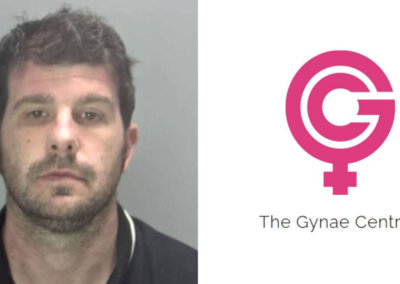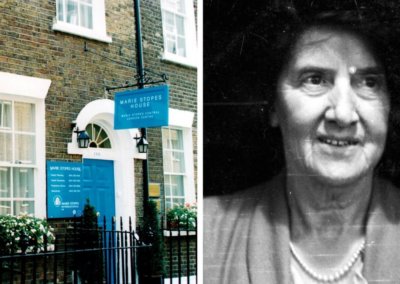A senior civil servant has been accused of spiking his mistress’s drink with abortion-inducing pills after she became pregnant with his baby, a court in London has heard.
Darren Burke, deputy director of the Home Office’s emergency services mobile communication programme, is alleged to have put mifepristone pills, which he claimed to have purchased online, into the orange juice of Laura Slade, a woman with whom he was having an affair at the time. Mifepristone is an abortion-inducing drug.
The married father of one had known Miss Slade for around 13 years before their affair began in late 2020, Isleworth Crown Court in west London heard.
When Miss Slade discovered she was pregnant in November 2020, she messaged Burke. Prosecutor Paul Jarvis said: “There was some discussion about the possibility of a termination and it is clear Mr Burke did not want her to have the baby”.
By the middle of November, Miss Slade had decided that she wanted to have the baby. However, jurors heard that Mr Burke said it would destroy his life if she did. The court heard that Mr Burke encouraged Miss Slade to terminate her pregnancy, and sent her links to an abortion clinic and how to obtain abortion pills.
The jury was shown messages between the two, in which Miss Slade wrote: “You’ve yelled at me, force(d) me to call an abortion clinic, told me how this will destroy your loved ones repetitively, you offered to hold my hand at the abortion clinic, you have crushed my heart”.
During a meet up at Miss Slade’s home in early December 2020, Burke allegedly went to the kitchen and returned with two glasses of orange juice.
“He had a cup of tea himself and they talked about whether his name would appear on the birth certificate and how much money he would contribute”, said the prosecutor.
“However Mr Burke’s main interest was making sure that Miss Slade drank that orange mixture”.
The prosecutor alleged “his motive was obvious. If Miss Slade had kept the baby then his double-life would have come crashing down around him because there was no way he could have kept that child a secret from his wife”.
Miss Slade claimed she found a powdery residue around the rim of the glass that she feared was poison after Mr Burke had poured the liquid away.
She called the police the next day and analysis confirmed the residue was Mifepristone. Burke was arrested in February 2021. In court, Burke said he bought the pills for about £200, but claimed he could not remember which website he bought the pills from, nor what country he bought them from.
The court heard that Miss Slade made it clear she did not want to have an abortion during their conversation. Mr Burke claimed he decided to wash the tablets down the sink, and that is where the residue came from.
David Spens QC, defending Mr Burke, suggested Burke was not “insisting” that Miss Slade drink the juice, and had simply asked her because he was being “caring”.
Sadly, Miss Slade later suffered a miscarriage on Christmas Day, something the prosecutor does not link to Mr Burke’s actions. Mr Burke denies unlawfully administering poison with the intent to cause an abortion.
Evidence suggests that as many as a quarter of all abortions are coerced by men.
Right To Life UK spokesperson, Catherine Robinson, said: “If these allegations are true, Mr Burke should be punished under the law to the fullest extent possible. Unfortunately, the availability of ‘DIY’ at-home abortion schemes, provided by abortion providers including BPAS and Marie Stopes, has made it even easier to coerce a woman into having an abortion since there is no way to ensure who ultimately takes the abortion pills and detecting coercion is very hard. These schemes must come to an end as soon as possible”.












